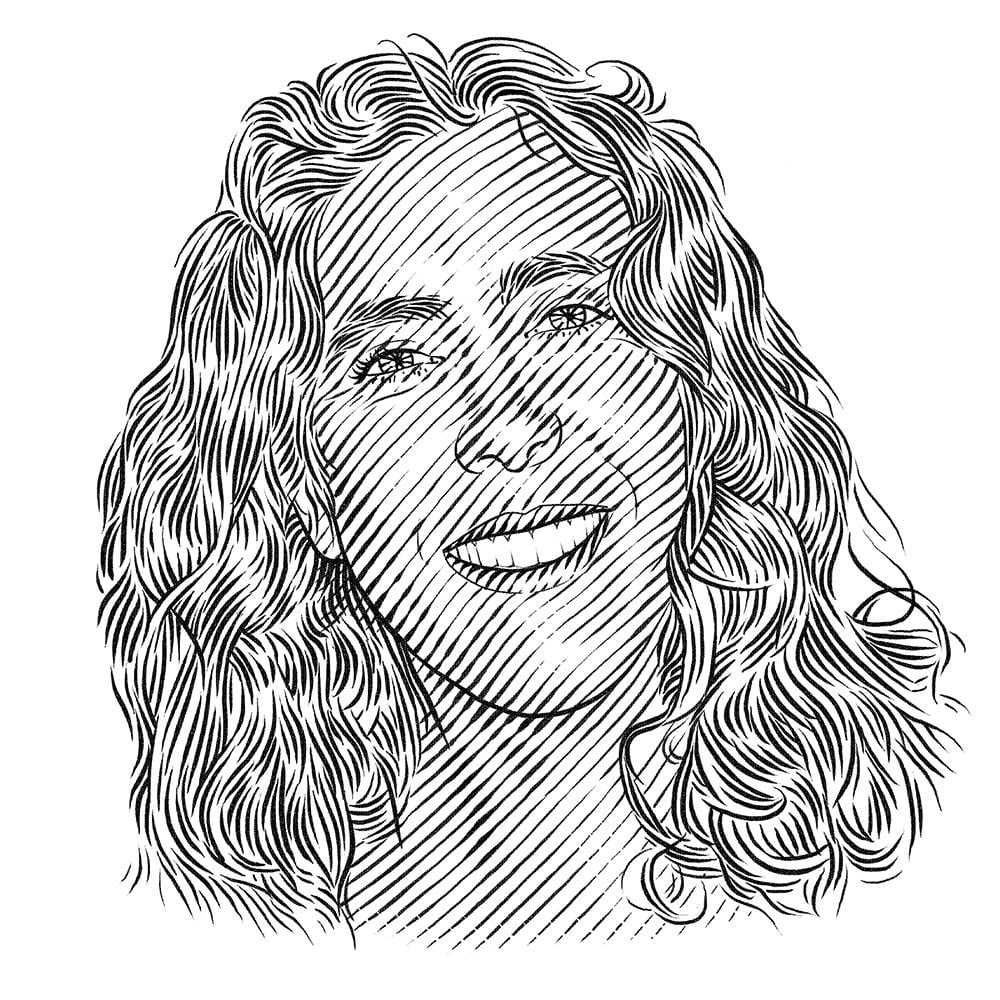Project Leader
Isabel da Silva

Who I am
I’m a kerera! That is the name given me by the people from the communities I work with. It means ‘the snapper’, ‘the fish that never stops’ – and it certainly fits me. I’m a fish! I started free-diving before I could swim properly. The north coast of Portugal, where I was born, is always swept by strong winds and my grandfather, who planted in the whole family a love for the sea, used to say, ‘If you have a headache, there’s no better medicine than the wind that blows by the sea.’ My mind is cleansed by the sea. I would be lost without the sea, so it was natural for me to become a marine biologist and a dive instructor. I love studying everything in the sea, but when I arrived in Mozambique 10 years ago, I realised that I couldn’t work in the sea without the people who live around it. In one of the poorest countries in the world, you cannot impose conservation on empty stomachs. You simply cannot ask a starving man not to kill his next meal, even if it is an endangered species like a shark or a turtle. Working to give better opportunities to the communities and educating them to understand that a living turtle or shark can create more jobs and money than a dead one became a very important part of my job. With time, it also became clear to me that people only strive to protect what they love and know: ‘opening Mozambican eyes under the water’ became a priority. The people of Mozambique need to see the wonders hidden under their own sea. First came the swimming classes and then came the diving courses, but in between there were also small recreational courses aimed at key people in the government, fisheries environment, tourism, customs, and the like. Everyone needs to know the beauty of the sea in order to love and protect it in their daily lives.Where I work
I usually work in the remote islands of the Quirimbas Archipelago, an enchanted place where time stops and life seems to go on untouched by the swirls of civilisation. Everything needs to be studied, but the logistics of working there are difficult and expensive. The coral reefs are absolutely stunning in terms of diversity and conservation, but the threat of unbridled development is arriving in the wake of the discovery of one of the biggest natural gas reserves in the world. This being so, a huge effort is urgently needed to study and protect the beautiful reefs and the livelihoods of the people who depend on them.What I do
I began with a turtle conservation project and then set up a monitoring programme for whales and dolphins before going on to develop, together with the fisheries department, one of the first marine community sanctuaries in Mozambique. After giving support to several alternative livelihood projects, I ended up teaching at the university in Pemba, the capital of the province of Cabo Delgado. As soon as I arrived in the Quirimbas I realised that sharks were not as abundant as they had been before. Nevertheless, since most of my work was near an aggregation of grey reef sharks and promoting a marine sanctuary, I was quite happy with the ones I could see. It was only when I started noticing fewer sharks in the aggregation that I became worried about the grey reef sharks and discovered that no-one knew anything about the situation of the rest of the sharks in Cabo Delgado. The aim of my new project is to assess the conservation status of sharks and rays by means of questionnaires distributed among fishing communities and by establishing a monitoring programme for fishermen to develop in them an awareness of the need to protect sharks. The questionnaires will be designed to determine the species composition and historical abundance trends of sharks caught in artisanal fisheries, with fishery characteristics (location, gear and seasonality) forming the baseline data. The monitoring programme, including photos of shark catches by key fishermen, will facilitate a more robust identification of species and current catch rates. By engaging fishermen in this study, I aim to raise awareness about the need to protect these species. A Facebook page created for the project will open a dialogue about the conservation and management of sharks.My project
Project
See project and more news